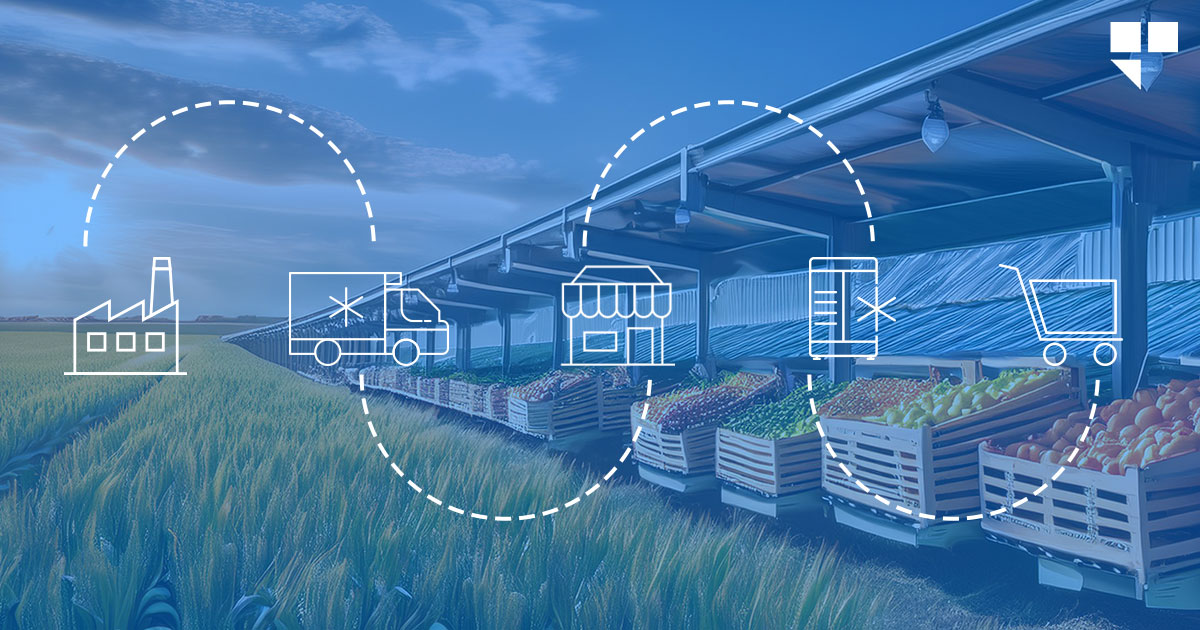
Industrialisation is one of the drivers of global warming. According to the National Oceanic and Atmospheric Administration, carbon dioxide levels are 50% higher than the pre-industrial levels.
Before the Industrial Revolution, for six thousand years, the CO2 levels were consistent at around 280 ppm (Parts Per Million molecules of dry air). Since the Industrial Revolution, human beings have been responsible for generating around 1.5 trillion tons of CO2 pollution. This will continue to warm the earth’s atmosphere for a whopping thousand years.
Earth has experienced a 1.1 degrees Celsius increase in its average surface temperature, since the pre-industrial era. To avoid the extreme repercussions of climate change, it was agreed in the Paris Agreement, a legally binding international treaty on climate change, that the planet’s warming should be kept under 2 degrees Celsius.
In this blog, we will discuss how businesses can work together to keep global warming under 2 degrees Celsius. But before we get there, let’s discuss the 2-degree temperature change that everyone’s talking about. Read on!
What is the 2-Degree Temperature Change all About?
The global average temperature is a combination of the temperatures in all hot and cold places, along with the places with temperatures in between hot and cold. This measure tells us about the trends in Earth’s climate change.
With the rate at which the planet is getting warmed, scientists have agreed that holding the increase in the global average temperature to below 2 degrees Celsius can avoid the most severe impacts of climate change.
What would be the severe impacts of the 2-degree global warming?
► Extreme weather events like hurricanes, heatwaves, droughts, very heavy rainfall, etc. will occur more frequently than now.
► There will be a tremendous rise in sea levels due to the continual melting of glaciers and ice caps.
► Oceans will get acidified as a result of increased carbon dioxide absorption, thereby negatively impacting marine life.
► Several ecosystems like forests and coral reefs would be significantly disrupted due to the extreme shift in the climate.
► Human health will take a hit with climate change and a decrease in air quality, and result in increased rates of heat-based illnesses, bone diseases, and more.
► All the above impacts, coupled with migration issues that might crop up due to weather conditions and sea levels, will cause land and resource disputes, ultimately leading to economic (and political) unrest in the world.
The businesses’ contribution to global warming is significant, yet addressable through collective efforts. To keep the rate of global warming in check, businesses should act now and take measures to keep the global warming temperature under 2 degrees. We will discuss how this can be achieved in the next section.
How can Businesses help keep Temperature Change Under 2 Degrees?
It is no news that businesses play a major role in the acceleration of global warming, with the key contributing factor being greenhouse gas (GHG) emissions. According to a report, just 100 of all the companies in the world have contributed 71% of the global GHG emissions since 1998.
There are various ways in which organisations’ operations emit greenhouse gases, including energy-related emissions, emissions due to industrial processes, deforestation, supply chain emissions, etc. Businesses have a key role in maintaining global warming under 2 degrees. What can they do?
- Set emission targets
Establishing clear goals that are measurable to reduce greenhouse gas emissions is a must for businesses to have in place. It is also important for these goals to align with the science-based targets (SBTs) framework, which aims to limit global warming to well below 2 degrees Celsius. SBTs provide a defined framework for businesses and other institutions to reduce greenhouse gas emissions.
- Enhance efficiency
Businesses can identify areas in which energy is wasted through energy audits and adopt energy-efficient practices. Technology plays a key role in helping organisations achieve energy efficiency, and thereby, integrating technology into business operations can facilitate energy efficiency in operations. This can include installing energy management systems, and optimised HVAC systems which will help businesses see substantial energy savings.
- Optimise the supply chain
Business owners, along with transporters and suppliers, should ensure sustainability in the supply chain. Optimising transportation routes, keeping waste minimal, adopting sustainable ways of sourcing raw materials and production, etc., can help achieve sustainability along the supply chain.
- Make the switch to renewable energy
This is one of the major ways through which businesses can significantly reduce their carbon footprint. Switching to renewable energy sources such as solar power, wind, and hydropower can help bring down carbon emissions. Companies can also install renewable energy systems to monitor and manage their usage of these resources.
- Undertake transparent reporting
SEBI has mandated listed companies to file Business Responsibility Reports as part of their annual reports. Taking reporting seriously can help businesses focus on adopting sustainable practices and improve their ESG performance, thereby contributing to keeping global warming in check.
There is no escaping putting in efforts to reduce carbon footprint. Businesses must collectively focus on adopting sustainable business practices in order to achieve net zero and ultimately keep the warming under 2 degrees. This goal is now a widely recognised one believed to avoid the most severe impacts of climate change.
Businesses are faced with the pressing need to have technology integrated into their sustainability strategies as it speeds up achieving the goal of becoming efficient. At Atsuya, we help businesses build and implement tech-enabled strategies to become sustainable in their operations, and subsequently contribute to keeping the global warming temperature under 2 degrees Celsius.
If you are a business owner looking to bring sustainability to your business, book a sustainability consultation with us! For more details, visit https://atsuyatech.com/sustainability-consulting/.




